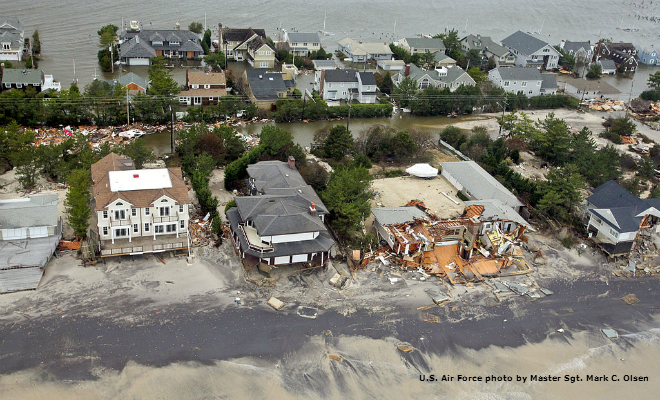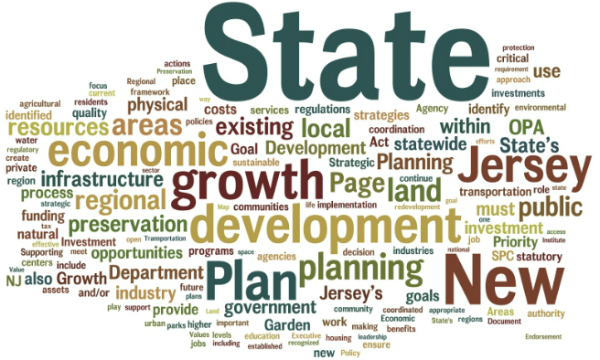New Jersey Future Blog
NJ is Well-Equipped for – But Not Always Open to – TOD
July 17th, 2008 by New Jersey Future staff
NJ is Well-Equipped for — But Not Always Open to — Transit-Oriented Development
- New Jersey is blessed with an excellent, extensive system of mass transit. With 11 commuter rail lines, three light rail lines and 242 bus routes, NJ TRANSIT operates the third-largest public transportation system in the nation.
- The Garden State’s development patterns make it well-positioned for further development around train stations: NJ TRANSIT estimates that three out of every 10 New Jersey residents live within a half-mile of a train station and 70 percent live within five miles.
- According to the Census Bureau, roughly 10 percent of New Jersey residents commute to work by transit, about twice the national average.
- No fewer than three New Jersey communities (Bordentown, Hamilton and West Windsor) have derailed transit-oriented development plans proposed by municipal officials and/or developers.
TOD Addresses Pressing Public Concerns
Transit-Oriented Development, or TOD, is generally defined as compact development within walking distance of train and bus stations (typically a half-mile radius or 10-minute walk) that contains a mix of uses, including housing, jobs, shops, restaurants and entertainment, and is designed to maximize non-motorized transportation.
With transportation accounting for the second-largest household expenditure after housing, TOD typically allows for reduced car ownership — and, in turn, for lower overall costs of living. According to the American Public Transportation Association, households that choose public transit over driving save an average of $6,251 annually.
Because New Jersey already has an extensive rail network in place, and many train stations are already located in municipalities with an established downtown (half of the state’s 263 transit stations are within municipalities that have Special Improvement District Management Corporations), TOD allows for growth and development without placing undue burdens on infrastructure. It also protects open space by steering growth into compact, walkable, transit-oriented environments, freeing up land elsewhere for preservation. And by promoting alternatives to motor-vehicle use, TOD can help reduce carbon emissions and air pollution.
Recent trends in New Jersey make TOD more viable and timely than ever: Ridership growth on NJ TRANSIT was up about 4 percent during the quarter between April and June, with an average of more than 900,000 weekday passenger trips. At the same time, the groups most likely to use transit and transit-focused amenities — older, non-family, non-white households — are generally growing faster than the state’s overall population.
Engaging the Community to Ensure Success
Increasing the amount of mixed use development around train stations is one of the best strategies for New Jersey to take advantage of its unique assets, to grow in a sustainable manner and to maintain its quality of life. Since experiences have shown that projects can fail in the face of public opposition, efforts to plan for TOD should involve communities closely and early on.
Case studies around the state and across the nation have demonstrated that a proactive, participatory public process can help gain critical community support by engaging residents throughout the process and allowing them to articulate their own community vision. This approach differs from less inclusive planning processes, where the public may merely review and provide input on predetermined plans. When implemented, community planning strategies can help overcome resistance to the concept of change in general and address concerns about such factors as density, schoolchildren, increased traffic and higher taxes in particular.
If you have any questions about this issue of Future Facts, please call 609/393-0008, ext. 101
















